Like many Americans, I marked the anniversary of the September 11, 2001 terrorist attacks by remembering where I was on that terrible day. My memories are indelibly intertwined with Northern Ireland, where I had just arrived as a post-doctoral research fellow. My new boss insisted that I come to her house, where I watched news reports, called family and friends, and slept in a borrowed nightgown. It was the first of many kindnesses from people who knew firsthand the scourge of terrorism, as they had lived through decades of sectarian violence known as the “Troubles” that resulted in over 3,600 deaths.
Three days later, U.S. Consul General Barbara Stephenson spoke at a memorial service outside Belfast city hall. Flanked on stage by political and religious leaders from Protestant and Catholic communities, she said: “The best thing you can do to help us is find peace amongst yourselves.” Afterwards, a taxi driver took me on a tour of the city, where I saw burn marks on houses from petrol bombs, so-called “peace walls” separating communities, curbstones painted in the colors of the British flag, and murals celebrating freedom fighters around the world.
At that time, British and Irish officials were working to implement the Good Friday Agreement. The deal had been brokered three years earlier by George Mitchell, President Bill Clinton’s envoy for Northern Ireland, who brought together the Protestant and predominantly unionist community with the Catholic and largely nationalist one. A power-sharing executive gave both communities a voice in decisionmaking, the British government removed security checkpoints from the border, and paramilitary groups pledged to decommission their weapons. The European Union (EU) membership of Britain and Ireland enabled the removal of additional barriers.
Slow progress on decommissioning weapons hindered the agreement’s early years, with unionist leaders concerned about the arsenal of the Irish Republican Army (IRA) — a paramilitary organization opposed to British rule in Northern Ireland. On the morning of September 11, 2001, Richard Haass, President George W. Bush’s envoy for Northern Ireland, met in Dublin with Gerry Adams, the leader of Sinn Féin, a nationalist political party with links to the IRA. Haass was upset about the recent arrests in Colombia of three suspected IRA veterans who were accused of providing explosives training to the Revolutionary Armed Forces of Colombia (FARC), a leftist guerrilla organization seeking to topple the government in addition to trafficking cocaine into the United States. Haass reportedly questioned the IRA’s commitment to the peace process and warned that American engagement with Sinn Féin (including the provision of travel visas to the party’s leaders) could be jeopardized if FARC attacks conducted with IRA equipment harmed U.S. personnel.
Haass’ case was bolstered by the 9/11 attacks, which altered the Western world’s perception of terrorism and led many benefactors — including Irish-Americans who had long provided financial backing to Sinn Féin and Irish paramilitary groups — to rethink their support. The combination of American diplomacy and diaspora influence, in concert with ongoing efforts by the British and Irish governments, led to the IRA’s historic announcement on October 23, 2001 that it had begun decommissioning its weapons.
Although the power-sharing government proceeded in fits and starts, the peace process was finally on the right trajectory. Politicians began addressing mundane issues of governance rather than contentious issues of identity. Foreign direct investment increased, with nearly 900 international companies employing around 100,000 people. Belfast, which was named the best travel destination in 2018 by Lonely Planet, opened a museum about the locally-constructed Titanic, served as a filming location for “Game of Thrones,” and attracted trendy boutiques and cafes.
This positive momentum stalled in the wake of Brexit. In June 2016, the U.K. opted by a narrow margin in a June 2016 referendum to leave the EU; notably, 56% of voters in Northern Ireland preferred to remain in the EU. Although the region was rarely discussed during the campaign, disagreements between London and Brussels about the post-Brexit management of the Irish border plagued divorce negotiations. They also reopened old wounds in Northern Ireland, prompting debate about constitutional arrangements and hindering efforts to resuscitate the Northern Ireland Assembly, which collapsed after a breakdown in trust and left the region without a political voice for three years.
After extensive debates about a “backstop,” the two sides ultimately agreed on the “Northern Ireland Protocol” and concluded the deal. After the U.K. left the EU on January 31, the sides began negotiating their future relationship, including thorny trade relations. The talks, whose logistics were hampered by the coronavirus pandemic, faltered over competing visions of economic competition rules and the complexities of managing customs and tariffs on goods traveling between Northern Ireland and the Republic of Ireland. This week, the British government introduced legislation threatening to undo key provisions of the protocol. Although the British government claims these changes will protect the Good Friday Agreement, the EU fears they will do the opposite.
For decades, there was a bipartisan consensus in Washington about the importance of facilitating and preserving peace in Northern Ireland. The Trump administration has not made any public statements on the draft legislation, although officials are reportedly having quiet conversations. (Despite talking points that support the Good Friday Agreement, the administration’s credibility has been hindered by the president’s enthusiasm for Brexit at any cost.) In contrast, congressional Democrats have consistently expressed American support for the peace process throughout the Brexit process. In separate statements this week, House Speaker Nancy Pelosi, Ways and Means Chairman Richard Neal, and Foreign Affairs Chairman Elliot Engel warned that the proposed changes could hinder a future U.S.-U.K. trade deal. Similarly, Tony Blinken, a key advisor to Joe Biden, tweeted the candidate’s desire to see the Good Friday Agreement protected during the negotiations.
As Americans mark the 19th anniversary of September 11, it is worth remembering how that tragic day helped bolster the faltering peace process in Northern Ireland. As Irish and British leaders observed years later, the tragedy created a moment of opportunity by changing the political context and perceptions of terrorism, which led the IRA to decommission. As one local religious leader noted: “We here in Ireland are perhaps the only beneficiaries of 9/11.” That hard-earned peace should not be squandered, by Britain or the United States.
The Brookings Institution is committed to quality, independence, and impact.
We are supported by a diverse array of funders. In line with our values and policies, each Brookings publication represents the sole views of its author(s).

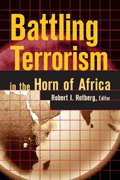
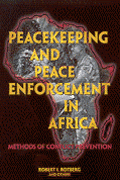
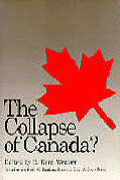
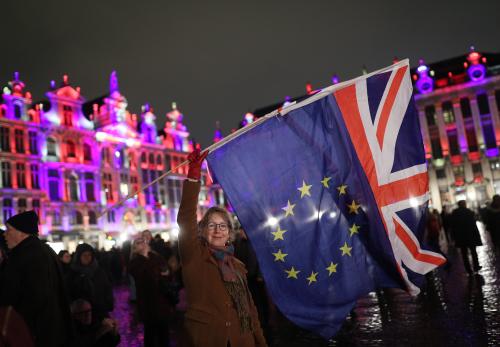
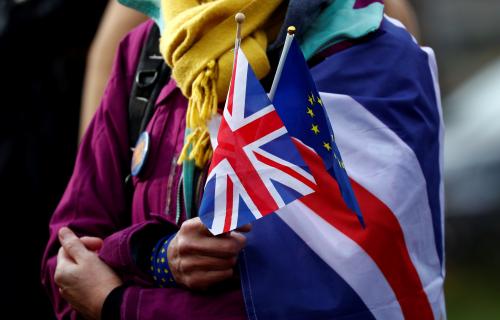


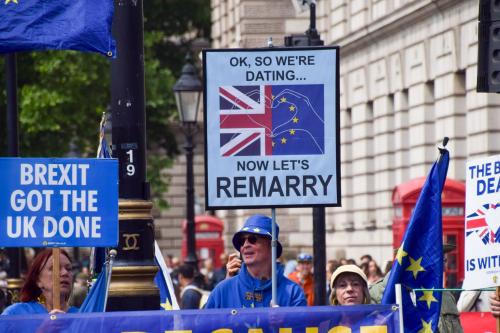
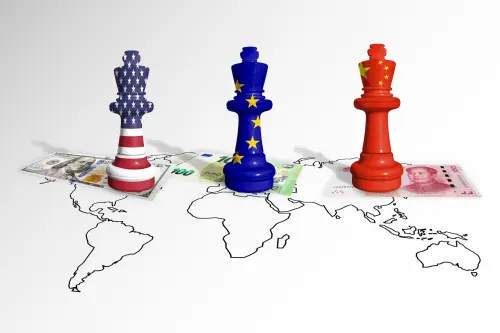
Commentary
Horror at the 9/11 attacks contributed to peace in Northern Ireland
Now, Brexit could squander it
September 11, 2020